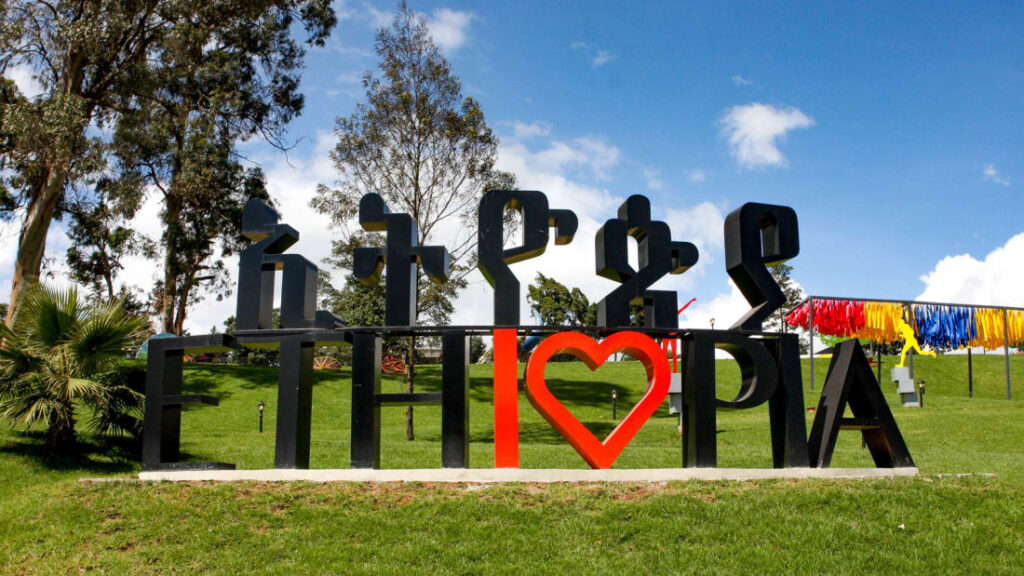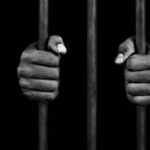Ethiopia is a land of rich history, culture, and natural beauty, offering one of Africa’s most diverse travel experiences. As the continent’s political hub, Addis Ababa houses the African Union and the famous fossil Lucy at the National Museum. The country’s UNESCO-listed treasures include the rock-hewn churches of Lalibela, the castles of Gondar, and the ancient obelisks of Axum, while Harar and Gheralta showcase unique religious and architectural heritage.
Beyond history, Ethiopia’s landscapes are breathtakingly diverse. The Simien and Bale Mountains offer world-class trekking and rare wildlife, while the Danakil Depression and South Omo Valley tribes highlight the country’s geological and cultural wonders. Its many national parks protect endemic mammals and birds, making it a paradise for nature lovers.
Ethiopia’s vibrant festivals, like Timkat and Meskel, bring its deep traditions to life. Despite political challenges affecting tourism, the country remains an extraordinary destination where ancient history, diverse cultures, and stunning landscapes create an unforgettable journey.
Despite these remarkable assets, Ethiopia has failed to capitalize on its tourism potential due to prolonged conflict and instability. The government has invested heavily in international tourism fairs like World Tourism Market (WTM) London and ITB Berlin, spending millions to promote Ethiopia as a premier travel destination. However, these efforts have been widely criticized as ineffective and wasteful. No amount of marketing can convince travelers to visit a country plagued by war, displacement, and insecurity.
The Impact of Conflict on Tourism
Since Abiy Ahmed assumed office, Ethiopia has been thrust into a cycle of violence that has devastated the nation’s tourism industry. The brutal Tigray War, ongoing conflicts in Oromia and Amhara, and widespread civil unrest have made Ethiopia one of the most dangerous places to visit. Countries that once contributed significantly to Ethiopia’s tourism sector have issued strict travel warnings, deterring potential visitors.
The already fragile tourism industry, still recovering from the effects of the COVID-19 pandemic, has been further decimated by these conflicts. The war in Tigray led to immense destruction, while continued clashes in Amhara and Oromia have exacerbated the crisis. As a result, major hotels have shut down, repurposed into hospitals, or transitioned to alternative businesses. Tour operators have been forced to close their doors permanently, and countless tour guides, drivers, and hospitality workers have lost their livelihoods, plunging the sector into economic despair.
Misplaced Priorities: Lavish Projects Amidst Crisis
Despite the humanitarian crisis, the Ethiopian government has poured billions of dollars into extravagant tourism projects under the “Gebeta Lehager” initiative. These include Unity Park, Friendship Park, the Science Museum, Entoto Park, Halala Kela, Chebera Churchura, Wonchi, and the Gorgora projects. While these developments were marketed as efforts to boost tourism and national pride, they have remained largely deserted due to the ongoing instability.
These costly investments stand in stark contrast to the suffering of millions affected by war, famine, and economic collapse. Instead of prioritizing peace, stability, and the well-being of Ethiopian citizens, the government has focused on high-end tourism projects that serve little purpose in a country too dangerous for travelers. These attractions, built with billions of dollars, remain empty while Ethiopians struggle with displacement, poverty, and insecurity.
A Once-Promising Industry in Ruins
Abiy Ahmed’s leadership has transformed Ethiopia from an emerging economic powerhouse into a nation gripped by war and economic devastation. His administration’s grand projects, once heralded as symbols of progress, have become reminders of misplaced priorities. Ethiopia’s once-thriving tourism sector has crumbled, depriving the country of a vital source of income, jobs, and international recognition.
Unless immediate measures are taken to end the violence, ensure justice for victims, and restore stability, Ethiopia risks deeper economic and social collapse. The international community must hold Abiy Ahmed accountable for the atrocities committed under his rule and push for urgent intervention to salvage what remains of Ethiopia’s economy, dignity, and cultural heritage.
For now, the world watches as Ethiopia, a nation once celebrated for its rich history and vibrant culture, descends further into turmoil. What was once a beacon of African heritage and tourism now stands at a crossroads, its future uncertain under the shadow of conflict.


